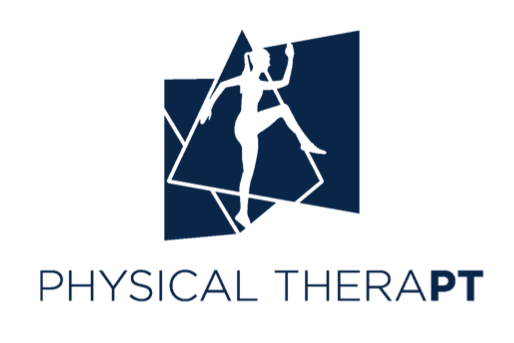We’re pushing pause on our injury spotlight series to talk about physical wellness in The Age of the Coronavirus. Over the next few weeks, we’ll share the latest research on how physical activity, immune function, and athletic durability all fit together. Want to know even more? Submit a question during IG office hours (@physical.therapt), every Friday!
We’ve covered how to identify categories of stress in our lives, and explored how overtraining can actually impede athletic goals. (Missed that post? Catch up!) For most of us, there is no shortage of stressful triggers and stimulus these days. This chronic stress takes a toll- it can mess with our mood, sleep, and motivation, ultimately leaving us more susceptible to illness. Being sick ≠ your next PR.
Before launching into the “how-to” portion of this post, take a minute to remind yourself that you are doing the best you can under extraordinary circumstances. This podcast with our girl-crush Brené Brown breaks down the two ways people typically response in times of crisis. Both are normal, and both come with pro’s and con’s. Think of the list of strategies below as a way to work towards the middle, whichever team you play for.
Actually try meditation.
There is an overwhelming amount of information touting the benefits of this practice. Chances are you have at least two meditation apps on your phone already. If you can’t get past the starting line, lower your expectations. Meditation isn’t closing your eyes, and being transported to nirvana. It’s slowing down enough to observe your current state. If sitting still feels suffocating, try a moving meditation. Grab a ball, or head to the track. Get in an easy rhythm, and tune in. Each time you notice yourself getting distracted, change directions.
Put it down
Endlessly scrolling might feel good as a distraction in the moment, but it ultimately doesn’t help. Take a break from your screen, and the endlessly evolving newsreel (don’t get us started on blue light, either) Choose one reliable source for essential updates, like your county health office, and try to tune out the noise. If you want to use your phone for music or other non-social media functions, set it to airplane mode. Just be sure to tell your mom beforehand!
Know your limits
Is it just us, or does everything seem harder in quarantine? As athletes, we’re used to setting high expectations and working hard. As the global situation continues to evolve, give yourself permission to do what best. We’re not saying it can be all Netflix and wine here; instead, ease up on your split times, choose yin over vinyasa, or just go for ride on your bike.
Get it out
Maybe it feels like no one will understand what you’re going through, or maybe you don’t want to add to anyone else’s stress with your own worries. Journaling is a great way to acknowledge your thoughts, thus beginning to work on them. Try just writing whatever comes to mind, or test out broad prompts. We like using these open ended questions together as a quick exercise:
I feel…
I need…
I forgive…
I celebrate…
I release…
I trust…
Pro tip: this also works well during non-quarantine times for emotions associated with injury recovery.
I wish i had more time to…
With the status of many leagues still unknown, those strict training schedules may be open-ended. Cross training and active recovery days are your friend. Hiking, surfing, and cycling haven’t been cancelled. Dig out that old lacrosse stick in your storage unit. Mix up your routine, and reap the benefits of renewed challenge. You’ll walk away from this with improved coordination, proprioception, balance and neuromuscular timing.





